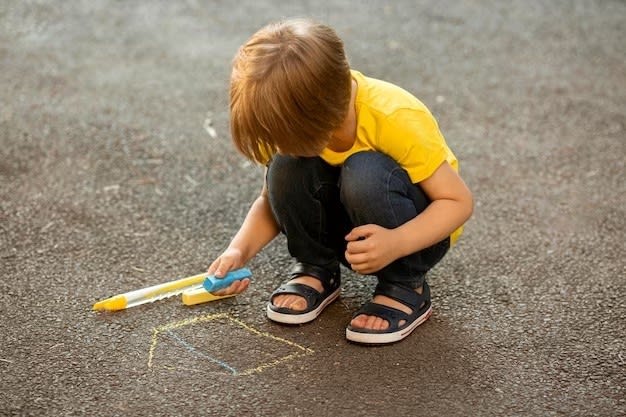
posted 25th September 2023
Divorce is a life-altering event that affects not only the separating couple but also their children. The impact of divorce on children can be profound and long-lasting, influencing their emotional, social and psychological well-being. Understanding these effects is crucial for parents and society to mitigate the negative consequences and support children through this challenging period.
1. Emotional Impact:
Divorce often leads to a range of emotional responses in children, including sadness, anger, anxiety and confusion. The dissolution of their parents' marriage can shatter their sense of stability and security, leaving them grappling with complex emotions they may struggle to articulate.
2. Behavioural Changes:
Children of divorce may exhibit changes in behaviour. They might act out, display aggression, become withdrawn, or experience a decline in academic performance. The disruption in their family structure can lead to rebellious behaviour as they grapple with adjusting to a new family dynamic.
3. Academic Challenges:
Divorce can significantly impact a child's academic performance. The emotional toll of the divorce may distract them from their studies, affecting their ability to concentrate and perform well in school. The resulting decline in grades may exacerbate their feelings of frustration and inadequacy.
4. Long-term Psychological Effects:
Research indicates that children of divorce may experience long-term psychological effects into adulthood. These can include trust issues, difficulties forming and maintaining relationships and an increased likelihood of experiencing marital problems when they reach adulthood.
5. Parental Alienation:
Divorce can sometimes lead to one parent alienating the child from the other, intentionally or unintentionally. This can result in the child harbouring negative feelings toward the absent parent, which can have long-lasting effects on their relationship with both parents and their self-esteem.
6. Financial Instability:
Divorce often brings financial changes, potentially leading to a decline in the family's standard of living. This financial instability can impact the child's access to resources, education and extracurricular activities, affecting their overall well-being and opportunities for growth.
7. Coping Mechanisms:
Children may develop various coping mechanisms to deal with the stress and emotional turmoil caused by divorce. Some may turn to unhealthy behaviours like substance abuse or risky activities as a way to escape their emotional pain.
8. Impact on Future Relationships:
The experience of their parents' divorce can influence a child's perception of relationships. They may struggle with commitment, fear of abandonment, or difficulty trusting others in their future relationships.
Conclusion:
The effects of divorce on children are complex and multifaceted, impacting their emotional, social and psychological development. Recognizing these effects and providing the necessary support and resources can help children navigate this challenging transition and develop resilience for a better future.


